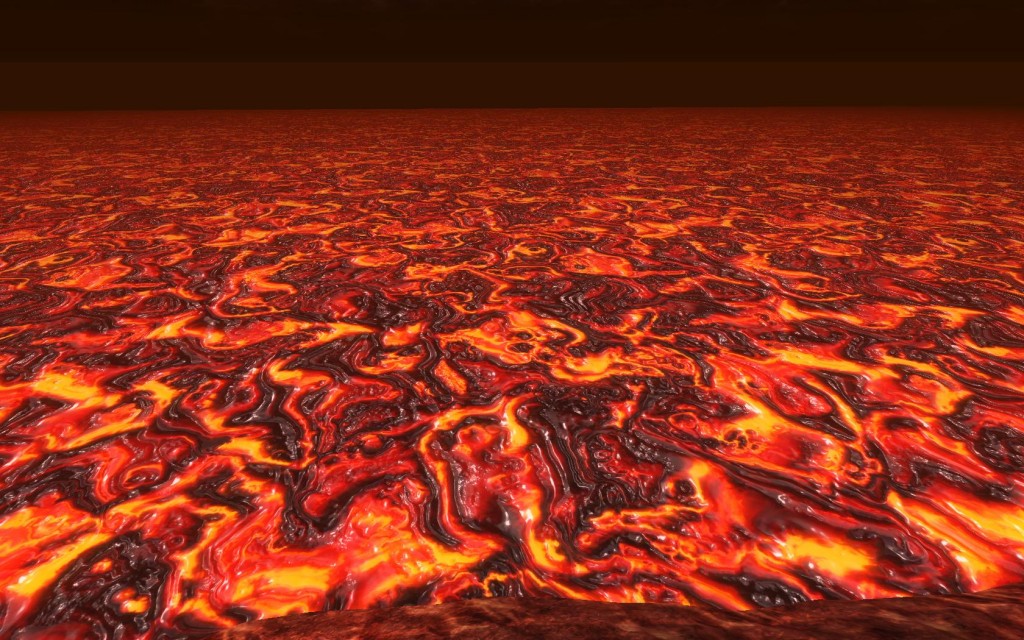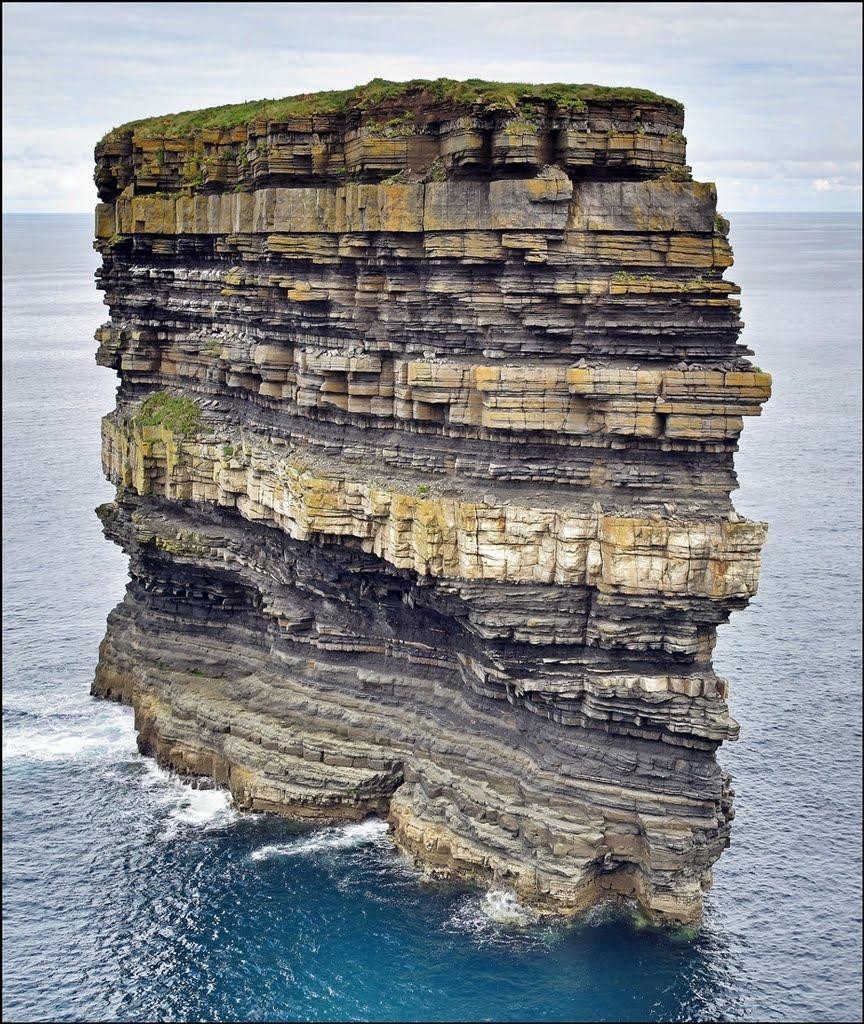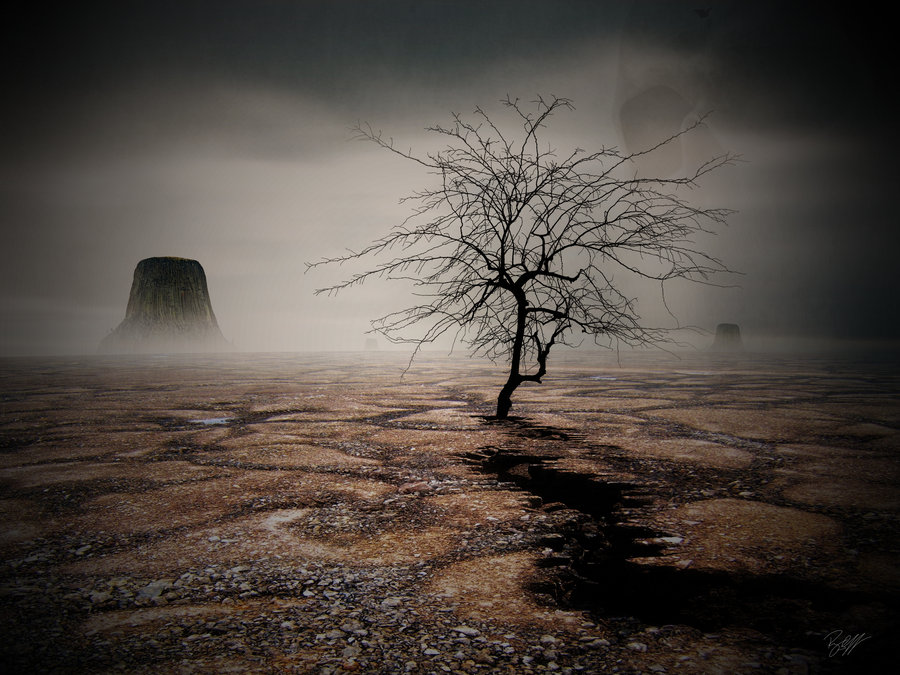These two poems by Jaclyn Piudik and Janet R. Kirchheimer are modern interpretations of the expulsion from the Garden of Eden and a re-visioning of the Biblical Creation story…

by: Jaclyn Piudik and Janet R. Kirchheimer
Seduction: Out of Eden
A planting amidst silver-powdered vapors fades
wistful; rivers ignite, set apart, branch into a traverse
bridging line to lapse. Incendiary rufflings respire
through steam-streaked traces, biding rhythm.
Fetters of entangled vines cajole presupposition
to forsake isolation, engender name-giving clemency.
A vocabulary, vertebrate, awakens, unrelenting in its restless
infatuation. Verily stir splinters, sepia'd movements:
collaboration inures. There, in words, in apposition,
questing commences, rivals emerge, call out.
Dictum inculcates, inebriates nothingness into anima;
a gradual piercing through boundaries of sun and self.
A chronicle of sleep. Taken from essence, nexus
without volition, a leaving begins. What unfurls,
what unsettles in consciousness? New lexicon
rips open atoms and sinew to extricate disguise.
Subtle reservoirs allow undulated thought:
brushed by knowing. Visor and vigil give way.
Beckoning to one another, ideas seek dwelling
in onomastic serenity, uninhibited integument.
Eros eyes delight, closes then opens, sews a garment.
In the cool of afternoon, hidden fruit anticipates telling, a garden
filled deep with novel yarn and yearning. Veneer falls from tissue,
from portent to dream mechanics, rousing warm exhalation.
It was good, it was evil, temptation for sight. Leaves,
stitched to proximity – a voice withdraws, becomes hamsin,
a rush of days. From above, grains feed thunder, foist thought
for procreation. And from below, a centrifuge skims blind refrain
into gradual echo hidden among trees. Where, where? Urging
for tonality, obedience, a precept that divides ardor. Naked
aspiration assigns blame, bows charisma into shame-bound blush.
One layer of skin sloughs into down, falls upward in praise.
A second melts, coagulates, girds itself with twindom, a fearless
apprentice. Arrayed in the spoils of negligence, questions abound;
answers remain desolate in their fervor. Implicated in testimony,
they conceal, they are exposed. A scrape of knife against breath,
incision into innocence. Softening mocks fictionalized encounters
between fabric and hide. Sibilance breeds narcotic beauty, allures
a pronominal sounding misfortune. A scattering of enmity will
not begin to heal; it chastens, crawls, and curses. The world takes
its shape in gravitas and labor pangs. What fertile rondure will
bequeath its molt to nourish humus and human? What organic
abundance will elucidate a footpath of pain and travail as it begins
to taint passion? A crush of rule hearkens expression and thorns.
Thistle-whisper is heard in the field, the din of a quiet motion
that slackens mindful prophecy. Comfort comes in future tense,
awakening regret for what might have been: a taste of immediacy
for tomorrow's writhing. The ground, reedy in its rupture,
brushes off return, offers its hand, forever alive in unrest, in secret
contemplation; shade copulates with light and montage breeds
its own favor. A single vertebra, a question of symmetry, pleasure
in judgement's bark. Tilled from the taking, concealment
impregnates opposition. A shattering drives them out
with a shudder, ecstasy turns leaves. Creation, Redeemed
Textured whirlwind, eastwind, leeward, sunders into garden.
Windless perfection, the rustle of inquiry leaves
only remnant of blossom and benediction; moonlit desire
ravages primeval: fetters of weeping clothed
in shelter as serpents reign rough, bemoaning Adam.
Curled vines lace while clotting into eve,
unweathered, whittled from blood-bound dusk.
With a naked flush of apotheosis, tangled oracles and gardenia
petals knit themselves mortal, coined into creation, into man.
Alone, he drowses in vertigo’d dreamstate under bough, leaf,
fruitful only in a bittersweet waltz with reflection. Clothing
himself in rarity, he discovers the warm cloak of hunger;
rivers of beguilement flow into a paradigm of wanting.
Elements pursue enclave, palpate with the mother of living things.
Eve exchanges shallows, sears adaptation, a commingling of garb
inside this hushed nursery. Shame among roots in the garden
anoints an end to youth, condemns monochrome leaves, shapes
a plait of grief. Vanity is devoured by this man of the ground.
Buried in stasis, awash in silence, prudence cannot cleanse him
of the thunders that tear through marrow, armature. Inchoate thirst
abrades, tattoos essence and extern with restless slither. Fronds
ripen his mourning for ideation, first beauty. And she, Eve,
is revivified: storehouse, progenitrix, a garden
embodied as replica. Layers of dismay become her mantle,
reflect falsehood: a shattering, primordial in its claim to vestment.
Emergent twinning, back-to-back, separates, offers the man of dust
serpentine sanctuary cleaving to mirage. Cursed into conservatory
to reveal a poultice of youth, fissure converts rapture
into a thesis that lifts and heals: the snake, the merging of Eve
with the man. A semblance crawls on its belly. Radiant, it stalks
through the syntax of union, to take refuge in temporality, leaves
pain, impermanence. Flesh stitched to flesh. Ravished threads
disembodied fall in rhythmic intervals. A-slink, astounded, woman
bowed under heavenness suffers no repose. Her intimate, Adam,
writhes, too. Knowing cycles, revolutions in divine longing,
they are propositions coiled together, asserting limb and greenery.
Wound-inflected prayers, a hush hovers at the edge of the garden;
jagged shards of anatomy scar and twist, clothed in their desire,
a labyrinth of eloquence. They mouth their names anew –
Eve, Adam.Janet R. Kirchheimer, author of How to Spot One of Us (Clal, 2007), is currently producing AFTER, a cinematic documentary in which contemporary poets perform and explore what it means to respond to the Holocaust and genocide, including Edward Hirsch, Cornelius Eady, Alicia Ostriker, and more. Her poems and essays appear in numerous print and online journals, including Atlanta Review, Natural Bridge, Mudfish, Connecticut Review, and String Poet. A Pushcart Prize nominee, Janet received a Drisha Institute for Jewish Education Arts Fellowship in Biblical Hebrew Grammar and teaches creative writing.
Jaclyn Piudik is the author of To Suture What Frays (Kelsay Books 2017) and three chapbooks, the corpus undone in the blizzard (Espresso Chapbooks 2019), Of Gazelles Unheard (Beautiful Outlaw 2013) and The Tao of Loathliness (fooliar press 2005/8). Her poems have appeared in numerous anthologies and journals, including New American Writing, Columbia Poetry Review, Burning House and Barrow Street. She received a New York Times Fellowship for Creative Writing and the Alice M. Sellers Award from the Academy of American Poets. Piudik holds an M.A. in Creative Writing from the City College of New York and a Ph.D. in Medieval Studies from the University of Toronto.
Header art is by the extremely talented French-born artist Sebastien Boileau.





